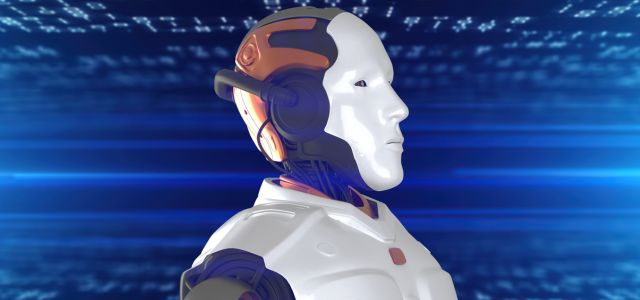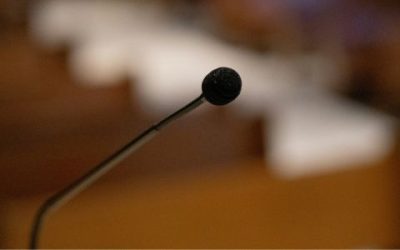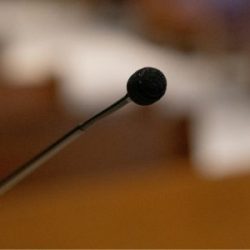Emotional Perception AI Limited (EPAIL) has been granted leave to appeal by the UK Supreme Court in its ongoing battle to secure a patent for its music recommender system using an Artificial Neural Network (ANN). This follows appeals in two instances after the UK Intellectual Property Office (UKIPO) initially refused the application. The Supreme Court’s involvement could lead to significant changes in how computer-implemented inventions are treated in the UK, potentially impacting the broader field of artificial intelligence and beyond.
EPAIL’s application was refused by the UKIPO as relating to a “program for a computer, as such,” finding that its ANN technology fell within the definition of a computer program and that there was no technical effect that could help escape the exclusion “as such.” The first instance appeal reversed this decision, finding that an ANN is not a computer program and that, in any case, the system had a technical effect by sending a music recommendation in a file to a user. This was then reversed again by the Court of Appeal, coming to the opposite conclusion on both points, so the decision to refuse the application stands.
With the Supreme Court now granting leave to appeal, two fundamental questions are at play: what is a computer program? Specifically, can a claim reciting an ANN be considered a computer program or not? And, what can constitute a technical effect that would extract a claim to a computer program from the clutches of the exclusions? Specifically, can sending a file recommendation in a message do the trick?
The Supreme Court could look narrowly at these issues and either give EPAIL another shot at the patent protection they seek or not. In doing so, some light will necessarily be shed on the meaning of “program for a computer,” the bounds of what constitutes a technical effect, or both. This has the potential to affect not only EPAIL’s application but the patentability of any invention involving ANNs, the technology underpinning all modern developments in Artificial Intelligence and machine learning. It could equally impact the patentability of computer-implemented inventions more widely, as much as they involve sending files to users.
While the impact of even a narrow decision on these points may be profound, there is potential for an even more fundamental review. This is because the Patents Act provides that patentable subject matter, novelty, and inventive step are to have the same effect as the corresponding provisions of the European Patent Convention applying to the European Patent Office (EPO) patent applications. A broader question may come up as to whether the way that the UKIPO and courts in the UK look at the patentable subject matter differently from the EPO is consistent with the Patents Act or not.
Specifically, while the UKIPO requires that there is something more of substance, a technical effect, for a system implementing a program for a computer to escape the exclusions, the settled EPO approach is that any technical implementation of a computer program escapes the exclusions. The more substantive inquiry that requires a technical effect then happens in the context of inventive step at the EPO, with a view to the state of the art. While in many examples the two approaches may yield similar results, they are fundamentally different. There is, therefore, the potential for the Supreme Court to upend the current approach rooted in the case law of the English courts and harmonize this area of patent law with how the EPO operates.
In short, this case is one to watch. While the Supreme Court may uphold the status quo and confirm the current approach, at the least we can hope that we will receive some guidance as to what exactly the status quo is. However, all outcomes are open so that the Supreme Court could turn the UK into the most permissive jurisdiction for patenting inventions in Artificial Intelligence in Europe or even completely change how this area of the law is interpreted and applied in the UK.

Written by Alexander Korenberg
Partner, Kilburn & Strode LLP
You may also like…
China’s push to lead AI-driven communication: patents, innovation, and global competition
On a technical level, one of the most significant trends in the global information and communication industry today is...
Director Review reverses PTAB decision based on contradictory expert testimony in Interactive Communications v. Blackhawk Network Inc.
The USPTO Director's recent reversal of a Patent Trial and Appeal Board (PTAB) Final Written Decision in Interactive...
Survival of the fittest: Strava sues Garmin for patent infringement
Fitness app company Strava has recently made waves in the running and cycling communities after suing Garmin for...
Contact us to write for out Newsletter














